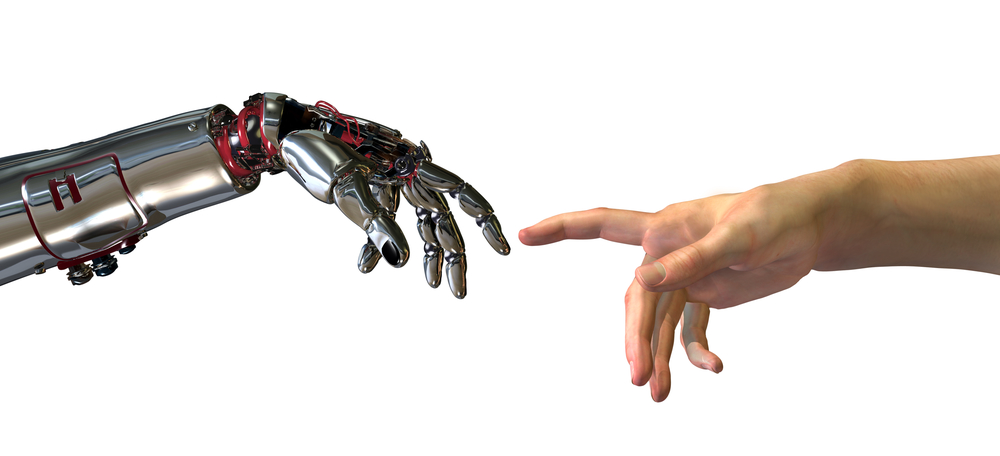EconTalk host Russ Roberts welcomed back Yale University psychologist Paul Bloom to talk about a series of articles he wrote on the subject of cruelty. Over the course of their conversation, Roberts and Bloom explored the nature and roots of cruelty and applied their thoughts on cruelty to a wide array of topics… from spousal relationships to HBO’s Westworld to genocide. What do you think lies at the root of our cruelty to our fellows? Are we more or less cruel or kind in the digital age? What obligations for kindness (or at least the absence of cruelty) do we owe to non-humans such as animals? What about robots? How do new social norms of kindness emerge?
1- Are the worst atrocities inflicted on others a result of the perpetrators dehumanizing their victims, or rather a profound recognition of their victims’ humanity? (And which do you think is worse???) Why does Bloom claim that the dehumanization view is a very optimistic view? To what extent do you agree?
2- What does Bloom mean when he says, “… treating somebody as a person has all sorts of moral risks?”
3- What does the Parfit experiment about “harmless torture” suggest about people’s social media behavior today? (Bloom asserts that “it lives itself out now on social media.”) Has social media made this particular type of cruelty worse and/or lower cost, or does it merely illuminate behavioral tendencies that we have always had?
4- How does Roberts apply the Coase theorem to the notion of cruelty, and what does he suggest he’e learned about cruelty from this application?
5- The discussion of Westworld was fascination (and I admit I haven’t yet seen it… Now you now what’s on my weekend agenda…) What’s wrong with cruelty to robots according to Bloom? To what extent do you agree with him? Should robots be built not to look like humans? Do you think this would appreciably change how humans interact with them?


Comments are closed.